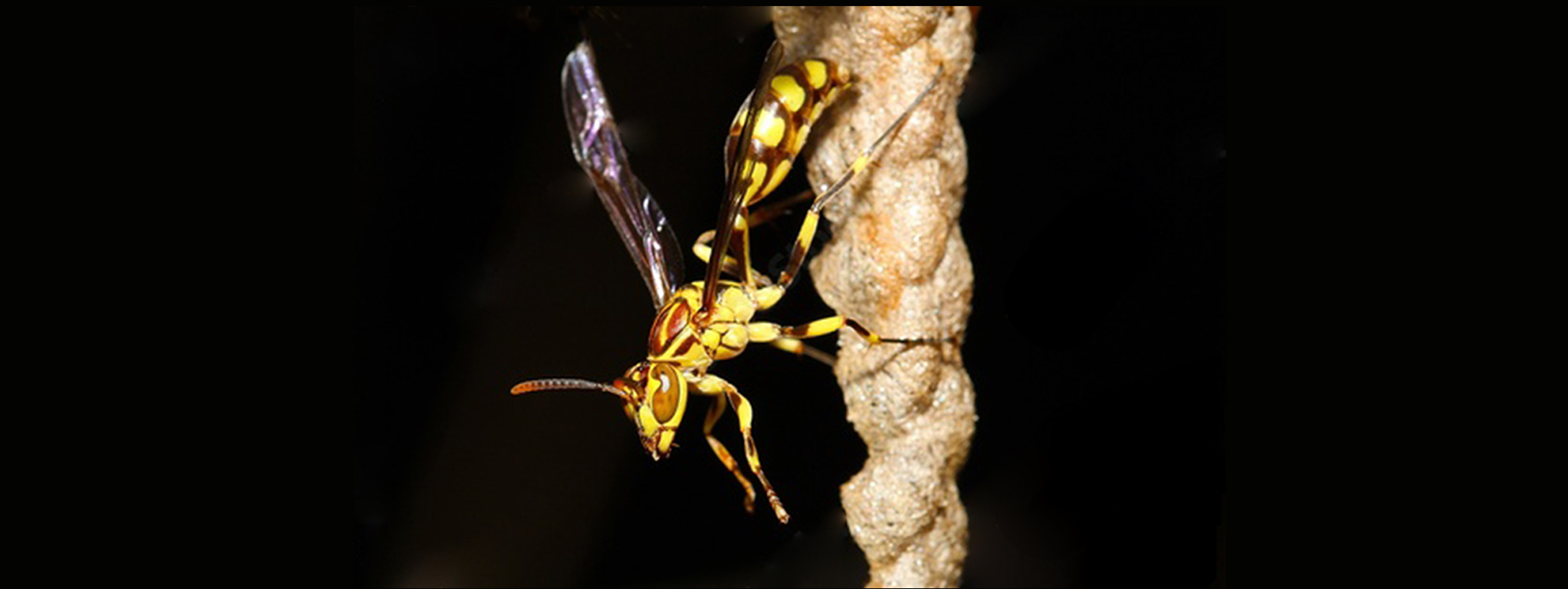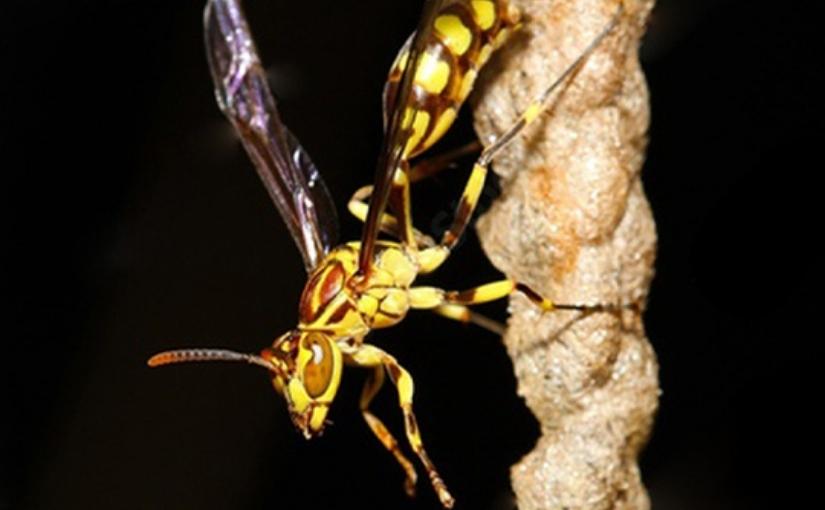
As soon as spring appears, wasps can be seen feeding on and pollinating the early blooms. Although they’re not as aggressive as yellowjackets or hornets, they can attack you repeatedly and deliver painful stings. Wasps are active in the daytime, but can they sting you at night? They typically do not strike at night, and you’re safe walking near wasp nests after dark as long as the nest isn’t disturbed. You can learn more about the behaviour of wasps, wasp removal and how to protect your home in these passages.
What Wasps Do At Night
When the sun goes down, wasps fly back to their nests to tend their homes and feed the young. Throughout the day, the insects travel back and forth to the nest dropping off food. Most of their diet comes from nectar, but they also feed on fallen fruit, sugary substances and other insects. Most of the common wasps are herbivores, but young drones will sting spiders and other small bugs to feed the newborns.
Wasps can navigate the environment more effectively with sunshine, but when they return home after sunset, they work through the night without sleeping. Keeping the nest’s structure intact and feeding their babies takes up their time until they depart in the morning.
Why Wasps Attack
Unlike a honeybee, a wasp can attack multiple times without breaking its stinger off in your skin. Stings can produce painful welts that take several days to disappear. If you have a wasp allergy, you should be especially careful around the creatures. Although they seem fearsome, wasps typically will not attack you unless they’re provoked.
If a wasp is roaming the landscape far from its home, you’re less likely to be attacked. The insects are territorial, and they go into attack mode when anything approaches the nest. However, most nests are constructed in higher elevations like a garage ceiling, attic space or under the soffit of a storage shed. Walking under the nest isn’t going to provoke an attack as long as you leave it alone.
A single sting from a wasp is terrible enough, but if their nest is threatened, the insects signal the entire colony to stop work and swarm the attacker. Swarming wasps tend to target your head and face, so avoid disturbing their home at all costs.
Which Insects Sting at Night?
You may have seen an insect similar to a wasp buzzing around at night, and it was probably an English hornet. Hornets have larger abdomens, and they’re active during the night and day. Unfortunately, hornets are more confrontational than wasps and capable of stinging in the dark.
While wasps sting you because of their survival instinct, hornets can attack you even when they’re unprovoked. If you’re in the path of a hornet, try to move out of its way.
How To Avoid Wasps
Nest removals should only be performed by pest control services. Swarming wasps can cause severe injuries to untrained individuals disturbing the nest. However, you can protect your home and family with these tips:
- Remove decaying wood or logs in your yard.
- Check your exterior walls, soffit and attic for small holes where wasps can enter.
- Dispose of soda cans, juice containers and sugary food properly.
- Avoid wearing strong fragrances and brightly coloured clothing near wasps during the day.
- Check for wasps drinking pool water before taking a dip.
- Keep your yard and patio clean and organized.
Contact the Professionals
Wasps can make nests inside and outside your home, and large nests can accommodate thousands of wasps if they’re left alone. At Truly Nolen Canada, our experienced pest control experts can remove your nest and ensure your home is wasp-free. Contact us today.
